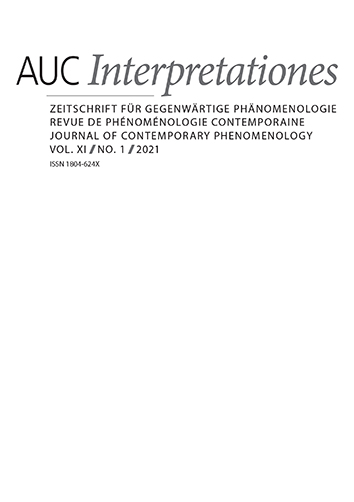AUC INTERPRETATIONES, Vol 2 No 2 (2012), 79–93
Trois erreurs épistémologiques du «communisme linguistique» de Chomsky
Blerina Hankollari
published online: 13. 01. 2015
abstract
The purpose of this article is to address the problems of Noam Chomsky’s linguistic project through Pierre Bourdieu’s sociological analysis. Chomsky, among others, was one of the key theoretical “targets” of the sociolinguistic analysis and critique of Bourdieu. It is important to develop Bourdieu’s critique of universal grammar, of its definition and its philosophical status, insomuch as it underlines the universalizing effects and techniques it produces. We will then proceed with a detailed analysis of the theoretical foundations of Bourdieu’s critique such as the concepts of legitimate discourse, social conditions of discursive performativity, symbolic power, epistemological and political effects of the generative approach of language. The Chomskyan theoretical conception and pragmatic linguistics will be subtracted from a detailed analysis that involves the identification of epistemological errors due to the adaptation of the scholastic point of view, named scholastic fallacy, the effects of which are clearly political.

Trois erreurs épistémologiques du «communisme linguistique» de Chomsky is licensed under a Creative Commons Attribution 4.0 International License.
210 x 148 mm
periodicity: 2 x per year
print price: 180 czk
ISSN: 1804-624X
E-ISSN: 2464-6504
